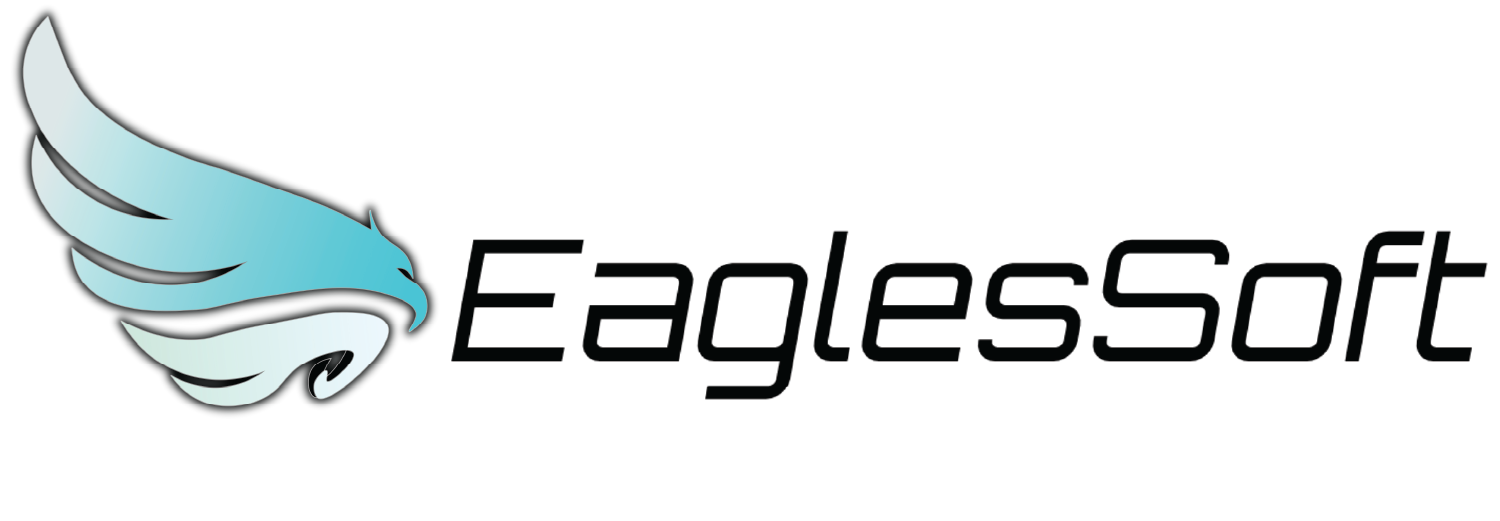What is the Belgium e-Invoicing Mandate?
Starting in 2026, Belgium will require the use of e-invoices for all business-to-business (B2B) transactions. This regulation aims to improve tax compliance, while making commercial transactions faster, more secure, and fully digital.
With the new e-invoicing regulation:
- Paper and PDF invoices will no longer be valid.
- All invoices must be sent in a structured electronic format.
- Data transmission will be done via the Peppol network and in compliance with defined technical standards.
Federale Overheidsdienst Financien / Service Publique Federale Finances.
10+1 years.
The e-Invoicing model will be based on the Peppol BIS 3.0 standard, enabling the issuance, receipt, and validation of Electronic Invoices in a structured and automated format.
The e-Reporting model will be based on the Peppol 5-corner network, where Peppol Access Points will electronically send specific tax data to a centralized government portal.
The electronic invoice is mandatory for B2G transactions with the central public administrations and the federal public administrations.
Starting January 1, 2026, Belgium will implement a mandatory Electronic Invoice model for all B2B transactions, aiming to enhance tax efficiency and reduce tax evasion.
Starting January 1, 2028, near real-time e-Reporting system will also become mandatory.
Not mandatory.
Timeline for the Belgian e-invoicing mandates
Who Will Be Affected?
This mandate applies to all VAT-registered companies operating in Belgium, including:
Small, medium, and large enterprises
Foreign companies issuing invoices to Belgium
Suppliers invoicing public sector institutions
How Eaglessoft Makes Compliance Easier
At Eaglessoft, we provide a fully compliant, reliable, and scalable solution for the Belgium e-invoicing mandate.
QUESTIONS ABOUT THE BELGIUM REGULATION
If your business supplies goods or services to public administrations in Belgium, you are required to issue electronic invoices (e-invoices) in line with the country’s e-invoicing regulations.
The process follows the PEPPOL (Pan-European Public Procurement Online) model, which ensures that all invoices are transmitted in a secure and standardized way.
The MERCURIUS Platform
The Belgian federal government operates a central platform called MERCURIUS, which is directly connected to the PEPPOL network. This platform allows all centralized and decentralized public entities across Belgium to receive e-invoices from their suppliers.
Alternative Options
While MERCURIUS is the main channel, individual public administrations also have the option to establish a direct connection with the PEPPOL network. This gives them flexibility in managing how they receive invoices, but the technical standards remain the same.
Yes — but the scope of the obligation depends on the region.
Currently, the requirement to issue electronic invoices (e-invoices) to public administrations is mandatory for all public administrations and their suppliers in Flanders and Brussels. This means that any company providing goods or services to these public sector entities must send invoices in a structured electronic format via the PEPPOL network.
In other regions, such as Wallonia, the adoption of mandatory e-invoicing is still progressing, and more extensive requirements are expected as Belgium moves toward its nationwide B2B e-invoicing mandate in 2026.
What This Means for Businesses
- If you work with public administrations in Flanders or Brussels, e-invoicing is already compulsory.
- For other regions, the transition is underway, and suppliers should prepare early to avoid compliance risks.



